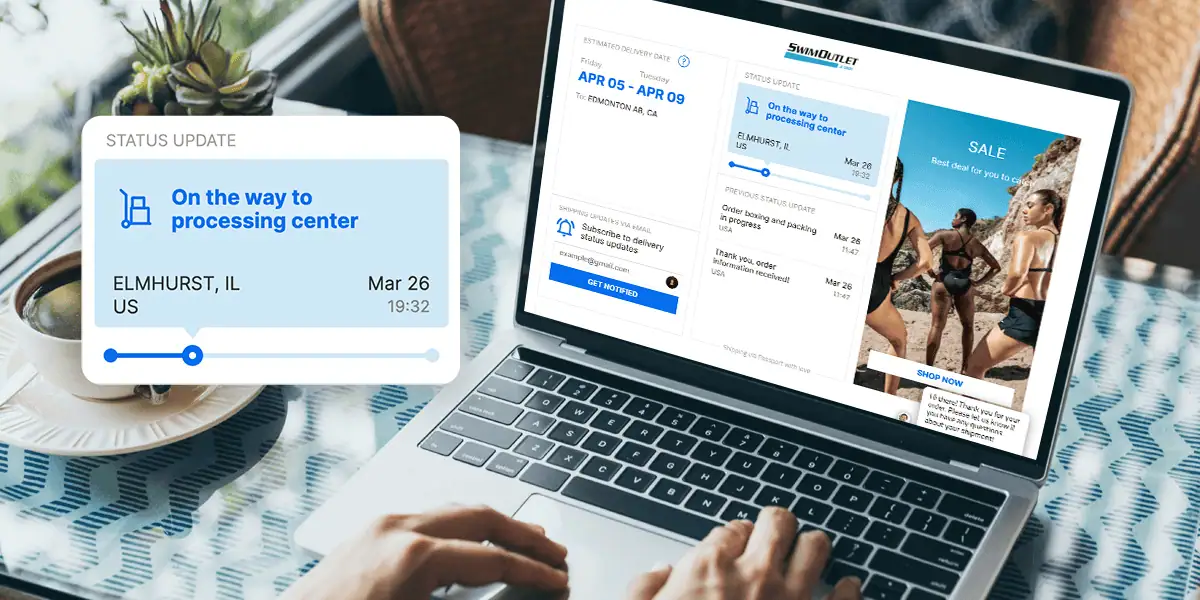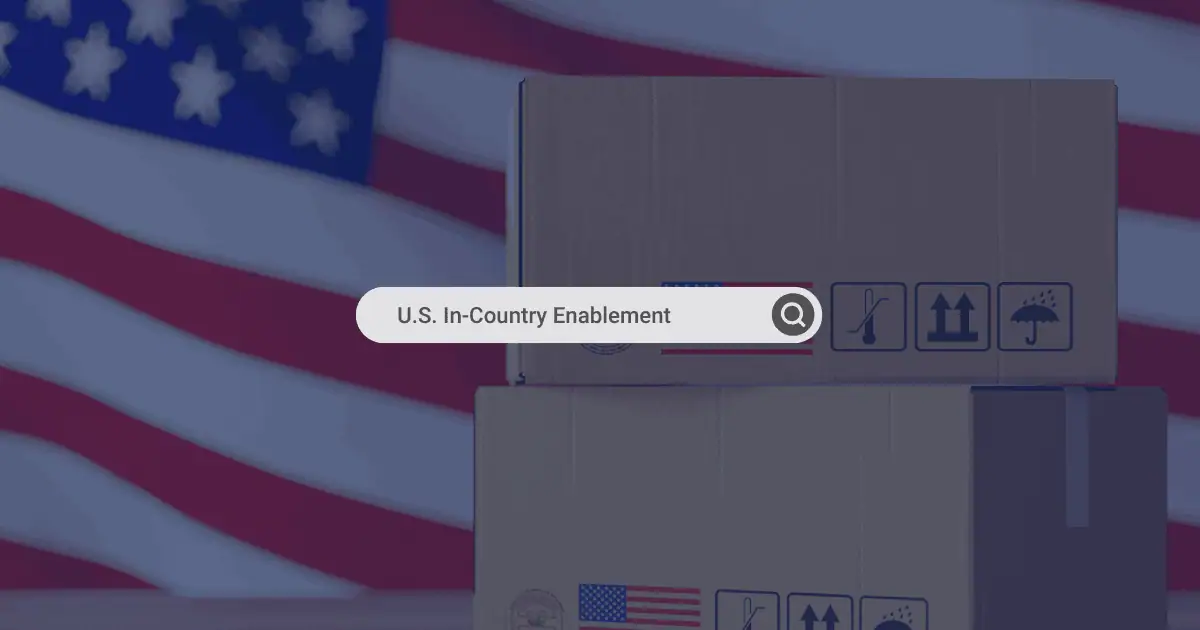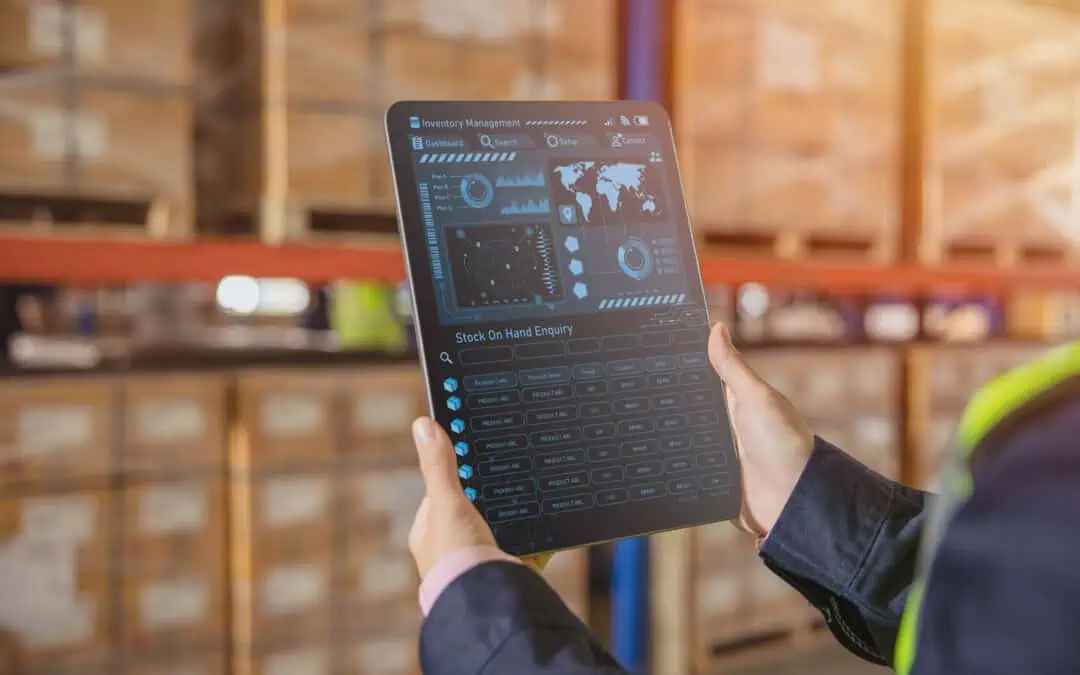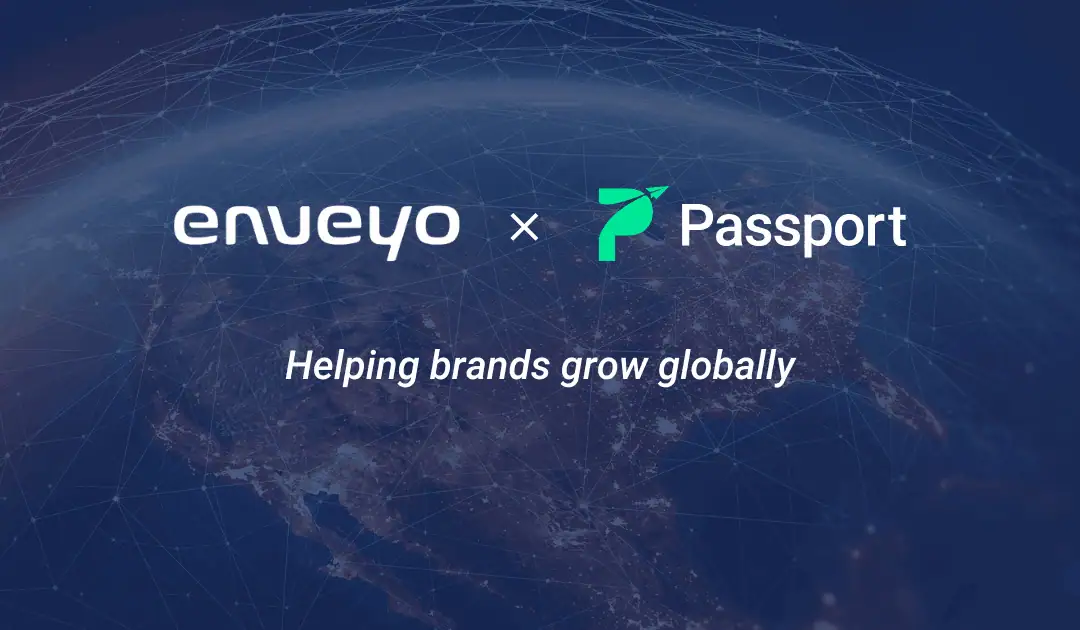In yesterday’s post, we detailed the impacts when U.S. de minimis entry for products made in China and Hong Kong ends this Friday May 2nd. We mentioned two compliant models that you can leverage to help you mitigate the impacts. Today, we want to delve into the first model: In-Country Enablment.
If your products must now go through a full customs entry and pay duties and fees, you want to limit the impact as much as possible. This means reducing customs brokerage charges, clearance fees like the Merchandise Processing Fee (MPF) and, most importantly, lightening the impact of stacking tariffs. If your China-made products are subject to standard duties, trade remedy tariffs (301 tariffs), the additional 20% tariff added in March of this year, and the 125% reciprocal tariff, your total duty impact could be approaching 200%.
Since duties are assessed on the customs value, you need a legal, compliant way to claim the lowest value possible. The cleanest way to do that is to import unsold inventory into the U.S. and hold it in a 3PL or warehouse for fulfillment once the U.S. consumer completes the online order. Because goods are imported before the sale to a U.S. consumer occurs, they are entered as unsold inventory, and customs duties are assessed based on a declared value that is much lower than the retail price.
This distinction dramatically reduces the duty impact and eliminates clearance friction on every customer order.
How It Works:
- Goods are shipped in bulk to the U.S. as inventory (not consumer orders).
- Customs value is based on the price paid to the manufacturer or supplier as the starting point, not the retail price.
- Goods are cleared as a single customs entry, reducing broker charges and customs fees.
- Goods are stored in U.S. warehouses and fulfilled domestically once sold.
A word of caution: Determining the value for customs is not always as simple as declaring the price paid to the foreign manufacturer or supplier. The “value for appraisement of merchandise exported to the United States” must follow one of the six approved valuation methods detailed in 19 CFR Part 152. These rules have many considerations and any number of variables can preclude one method – the Incoterms (International Commercial Terms), contracts, terms of sale, relationship between buyer and seller, whether the order was clearly destined for the U.S., and a host of other factors. And the valuation method must be supported by a clear document trail including purchasing agreements, purchase orders, commercial invoices, payment records, bills of lading, etc.
Looking for more information on the latest U.S. global trade changes? Visit TrumpTradeTracker.com for real-time updates.
How Passport Enables In-Country Fulfillment for Global Brands
The good news is that you don’t have to sort all of this out yourself. To make this model easy and accessible, Passport has built a full-service In-Country Enablement solution tailored to ecommerce merchants — especially those impacted by the end of de minimis.
Following our acquisition of Brand Access, Passport now provides a complete, modular solution for in-country operations in the U.S., including:
Bulk Importation & Customs Clearance
- Passport arranges ocean or air freight to the U.S. and acts as Importer of Record (IOR) if needed.
- All import paperwork is managed, including classification, customs valuation, and entry filing.
- Duties are declared at the lowest allowed customs value consistent with CBP guidance.
Warehousing & Fulfillment
- Inventory is stored and fulfilled via Passport’s 3PL partners.
- Passport helps merchants optimize warehouse placement and inventory levels across the U.S.
Sales Tax Compliance via Merchant of Record (MOR)
- Passport can serve as the official Merchant of Record, assuming responsibility for state and local tax compliance in all relevant jurisdictions.
- This removes the burden of sales tax registration and remittance for brands that don’t want to track 50+ state thresholds.
Whether you need the full stack or only select services, Passport’s infrastructure is modular and scalable, making it suitable for both high-growth startups and large enterprise merchants.
In-Country Enablement Does More Than Mitigate Duties
We call it In-Country Enablement because it is so much more than just “fulfillment.” This model unlocks far more than tariff relief. Brands that adopt this model benefit from:
Faster, Cheaper Delivery
- With stock located inside the U.S., merchants can offer 2–3 day delivery to most consumers — without international shipping costs.
- Last-mile costs are often 30–50% lower than cross-border shipping.
- This boosts conversion, reduces cart abandonment, and improves NPS.
Easier Returns and Customer Service
- Returns can be processed at a U.S. address, creating a seamless experience.
- Returned items can be restocked or refurbished instead of being written off — particularly valuable in high-return categories like footwear, apparel, and beauty.
Access to New Sales Channels
- U.S.-based inventory unlocks participation in marketplace fulfillment programs (e.g., Amazon FBA, Walmart Fulfillment Services).
- Enables wholesale and B2B opportunities with U.S. retailers and distributors.
Regulatory Confidence
- Inventory that clears customs in bulk under standard procedures reduces audit risk and eliminates grey-zone workarounds.
- There’s no need to rely on risky customs valuations, consumer-as-IOR setups, or multi-parcel splits to manage duties.
A Platform for Scalable U.S. Growth
- In-country enablement gives brands a strategic foothold in their most important international market.
- With local fulfillment, domestic returns, and optional MOR services in place, brands can treat the U.S. as a native market — not just an export destination.
The U.S. policy shift on de minimis may mark the end of an era — but it’s also the start of a smarter, more strategic one. Merchants who pivot to in-country fulfillment will not only protect their margins — they’ll improve customer experience, reduce compliance exposure, and unlock long-term growth.
With Passport’s integrated services and global trade expertise, transitioning to in-country enablement is faster and more cost-effective than ever.
Don’t wait for tariffs and transit times to derail your U.S. sales.
Contact Passport to launch your in-country strategy today.
Want to learn more? Join us live next Friday, May 16th at 9:00am EST / 14:00 UK time as we explore the impacts of the de minimis change and how brands can compliantly mitigate impacts. Register here.
Want to discuss potential solutions? Reach out to Neoshi Chhadva, General Manager of U.S. Solutions, neoshi@passportglobal.com.
This article is provided for informational purposes only and does not constitute legal advice. Merchants are advised to consult with their customs broker and legal counsel to ensure compliance with all applicable laws and regulations based on their specific circumstances.











